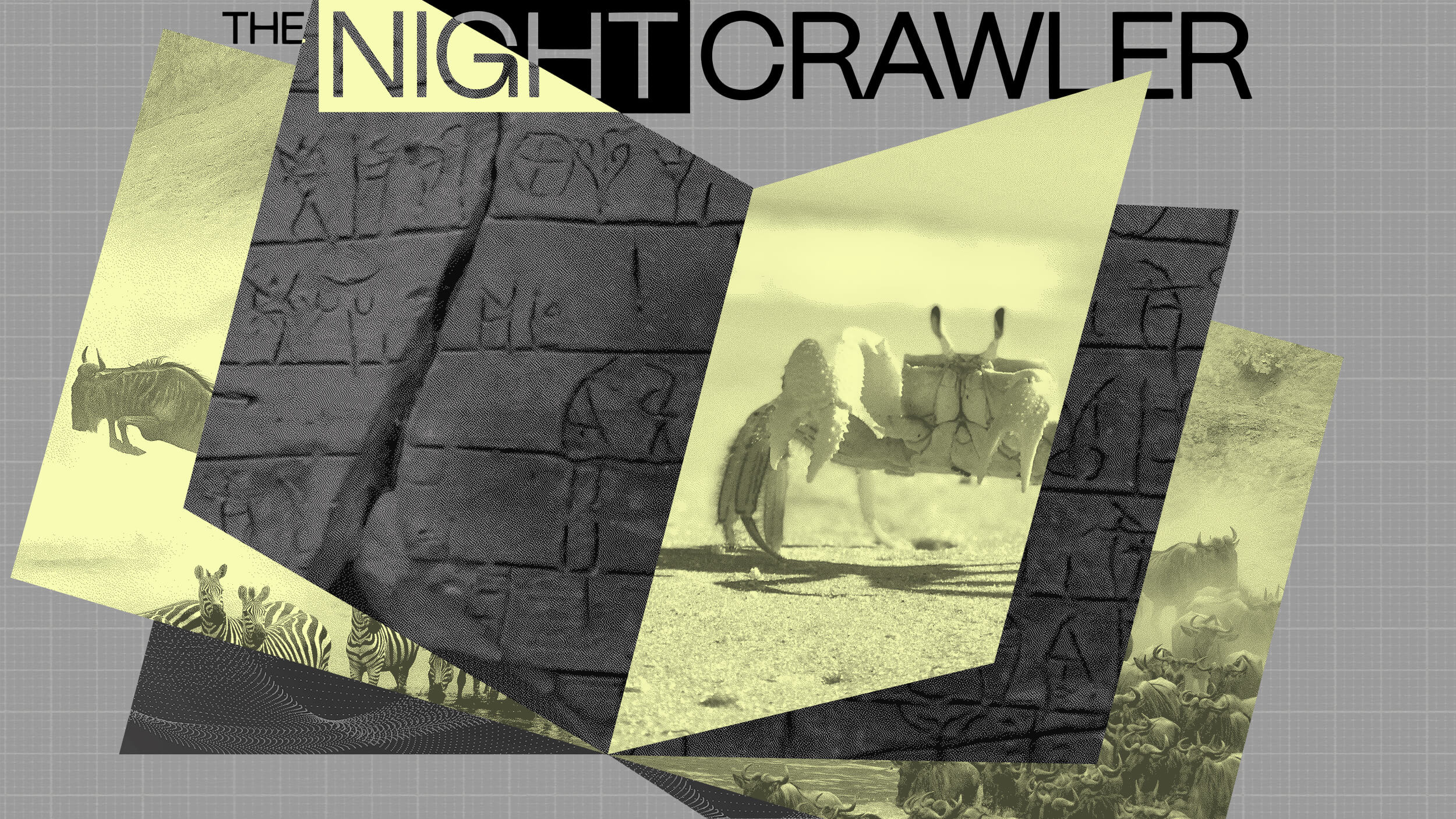Bad grades in Latin class led Bill Scheft to a career in comedy.
Question: How did you get started in comedy?
Bill Scheft: I was always funny and my family is funny. I’m the fifth of 6 children; from a large Jewish family—there was never enough guilt to go around. When I was 18, I was at Deerfield Academy and me and a few of my friends might have stolen a faculty member’s car and drove into North Hampton, where I did 7 minutes of stand up—mostly stolen material—in a bar called the Early Times.
From the ages of 18 to 22, I think I probably performed twice a year. I won my undergraduate talent show at Harvard doing stand up and it was always something I knew I could do. It was always a hobby with me, but I had the feeling that I could make a little money at it.
I majored in Latin at Harvard because I thought the church was going to come back. It’s one of those things, where I majored in the Latin and Greek because that was the only thing I really was interested in academically. I think it’s the best preparation for a writer because it teaches you the value of a word and of the word and so, I went to Harvard fully intending to be either a Latin teacher or a pharmacist. I mean, really, what can you do with a Classics degree?
I think got a C- in a graduate course, my freshman year, in Herodotus and then I turned my sights to becoming a sportswriter. I did that for a while and them I became a stand-up comic for 13 years, and in 1991 I was hired by Late Night with David Letterman at NBC and here we are.
Question: Who are your comedic influences?
Bill Scheft: When you’re 16,17, and 18 and you’re staying up and you’re watching the Tonight Show—this is the early and mid 70s, it’s George Carl and Richard Pryor, I was introduced to Lenny Bruce when I was 18, he’s a huge influence not on my stand up but on me wanting to become a stand up—I was just one of those guys that I would watch the stand ups, “Boy, that must be great to do yhat.”
You never think that that’s what you’re going to do, but I ended up doing it for 13 years. I don’t know who’s this line is, but it’s a great line one, “People become stand-up comics the same way a woman becomes a hooker—you start doing it for a couple of friends and then you realize you’re good enough to get paid.”
Question: What was your niche as a comedian?
Bill Scheft: When I was a comedian, my act was Jews, sports and weather. I talked about being Jewish, I did a lot of sports material because I was a sportswriter, and I later on I had my own humor column in "Sports Illustrated" for three years called "The Show", which I love. It was the perfect marriage of all my careers—just topical jokes about sports every week.
I’m going to steal Dave Letterman’s line about his stand up career. “I was good. I was a good stand up but I was never going to be the guy that you pay 20 dollars to see.” Unlike my wife who still performs, my heart wasn’t in it. I didn’t have to be up there. I was good enough to be up there. I made a living at it, but boy, 12 years in and you wake up in a Motel 6 in Covington, Kentucky and say to yourself, “I’m not in show business. I’m just Willy Lowman with a bag of jokes.” I’m just going from town to town trying to get the people in a different town and that’s all it was. But I was one of those guys that was out there; I did every television show except the ones that could help your career.
That was part of my master plan—it was so funny because they knew me at the Letterman Show not as a writer , but because I used to audition to try to get in the show as a comic. I had a line in my act which has been, I’m proud to say, has been stolen by several comics. I said, ”For those of you here in New York, it’s great. The Dyslexic Theater Company is in town and they’re doing Annie Get your Nag.” Bob Morton, the producer of Letterman, said, “If you have 6 more minutes and as good as that one line, I will put you on next week.” Sadly, I didn’t.
I had some good lines. I’ve forgotten them all. A couple of years ago I wrote for Chris Rock on the Academy Awards and he hired a lot of comics to write; it was a lot of people I hadn’t seen for a long time because I stopped performing. Carol Leifer was one of the writers and we went out the first night out for Chinese food and Carol Leifer said, ”Every time I have Chinese food I think about your bit about Chinese food.” And I said to her, “I’d love to hear it because I have no recollection of this.”
The bit was, “When you go out for Chinese food they take down your order in Chinese. How are you supposed to dispute this bill at the end of the meal? Excuse me waiter, I didn’t order the television antennae.” That’s the kind of cutting edge stuff that came out of me.





